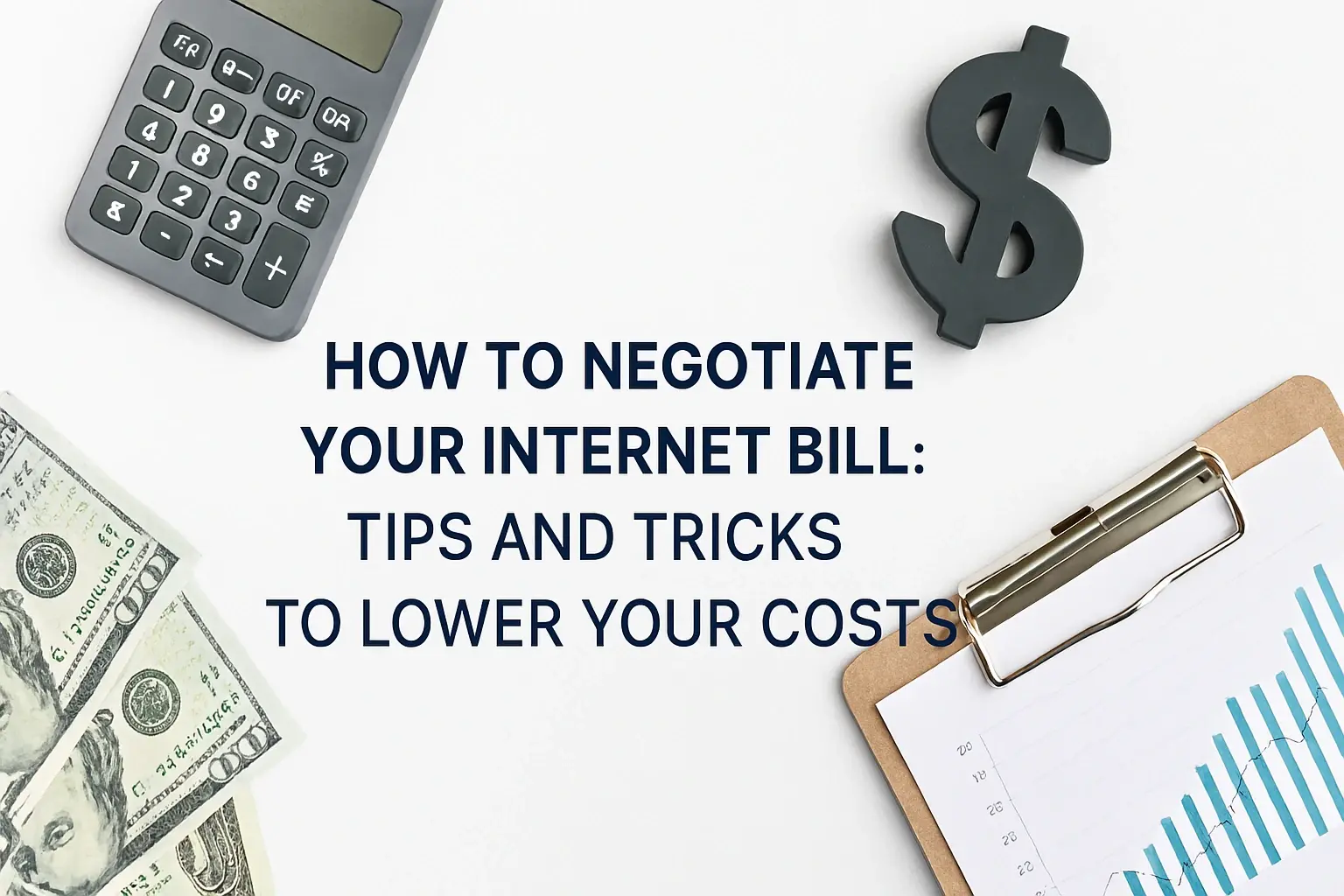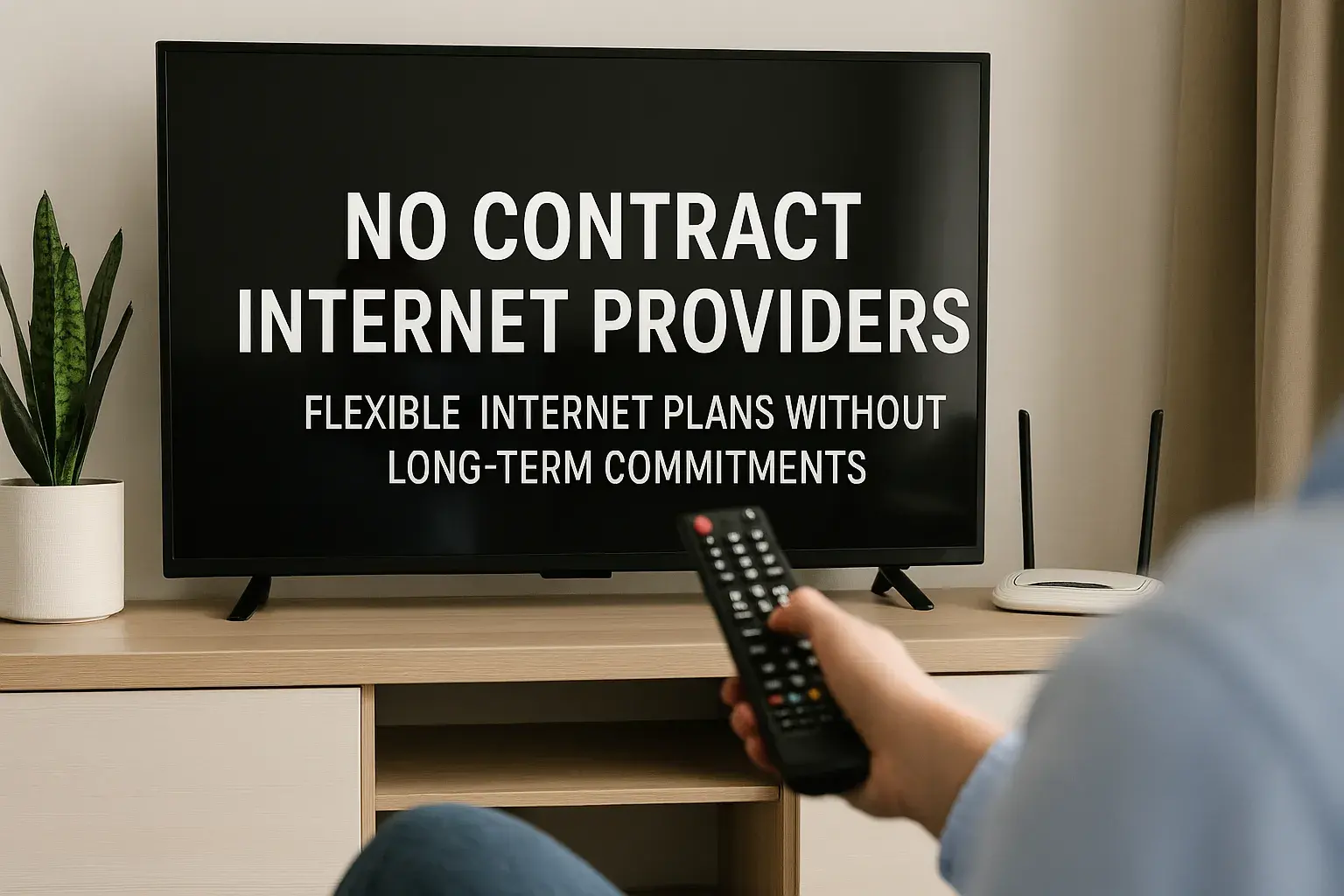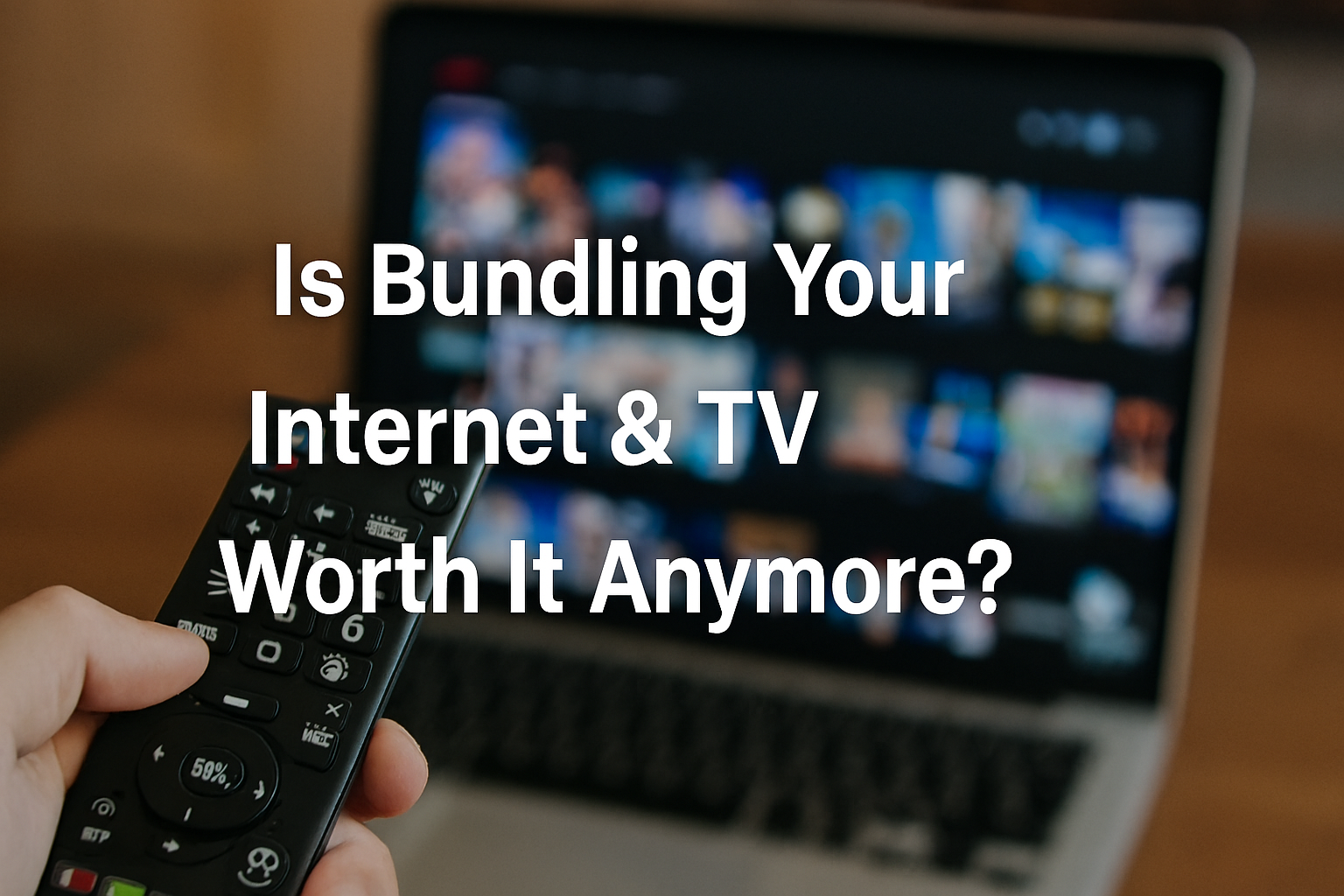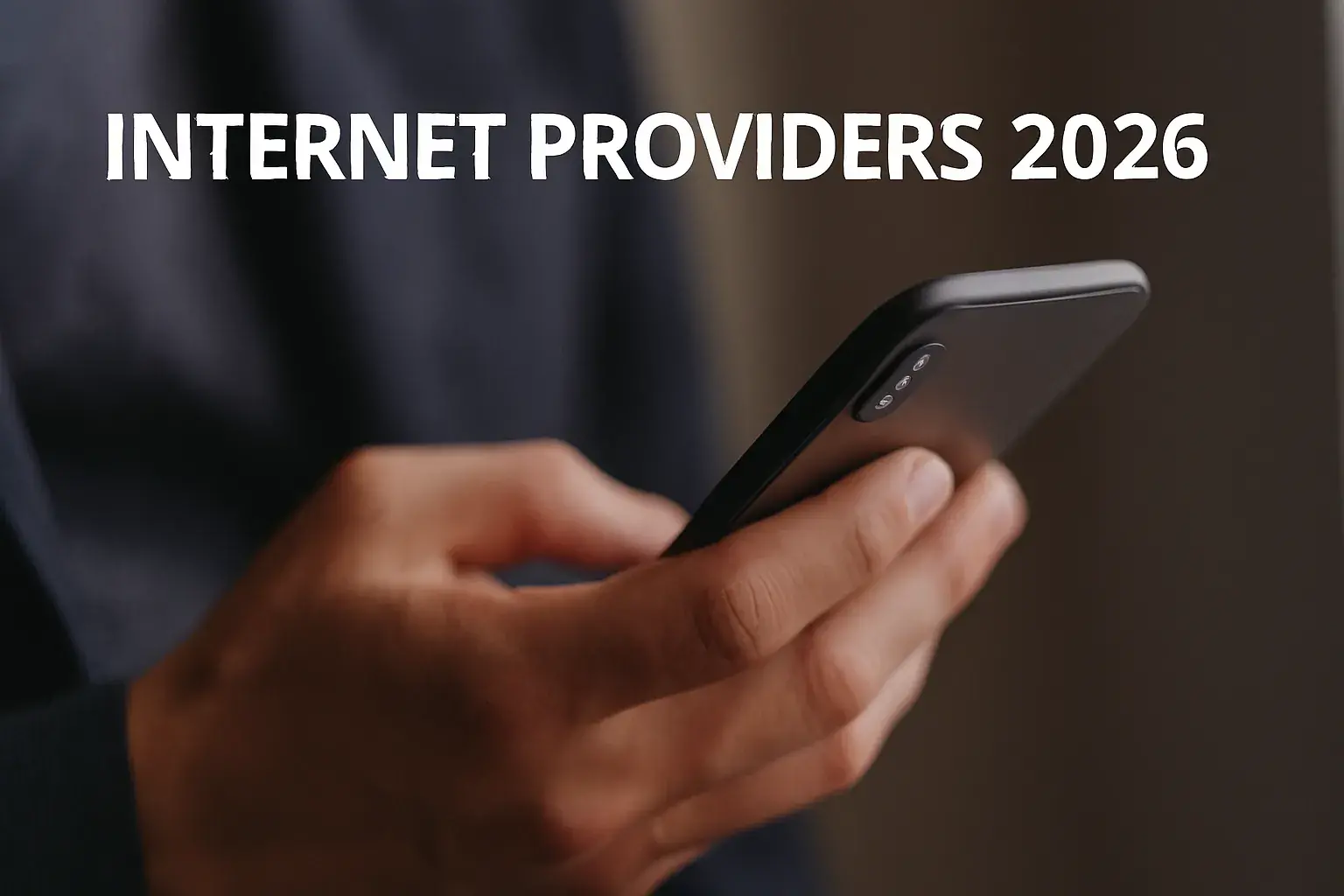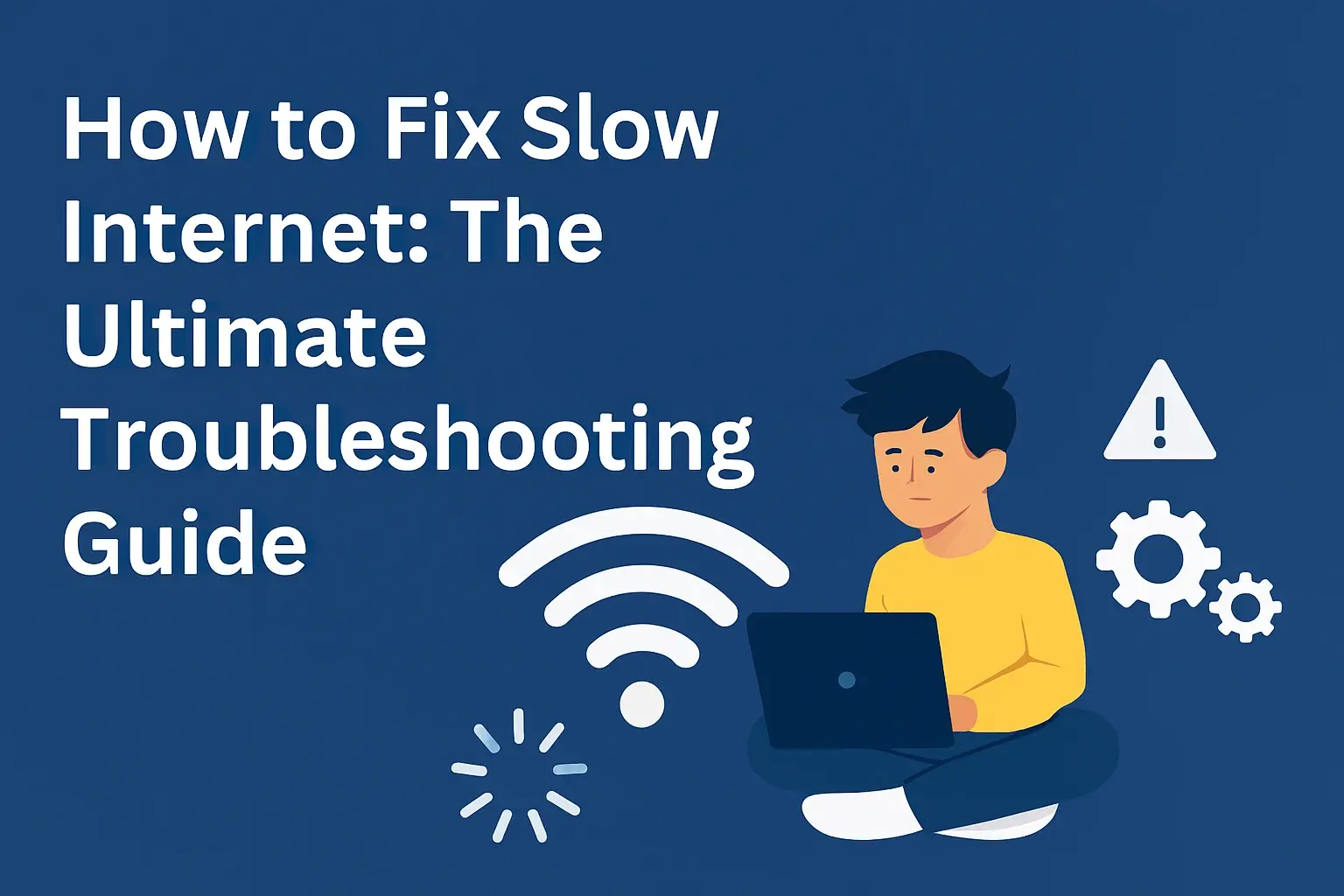Best TV + Internet Bundles in the U.S. – Speeds, Channels, Price.
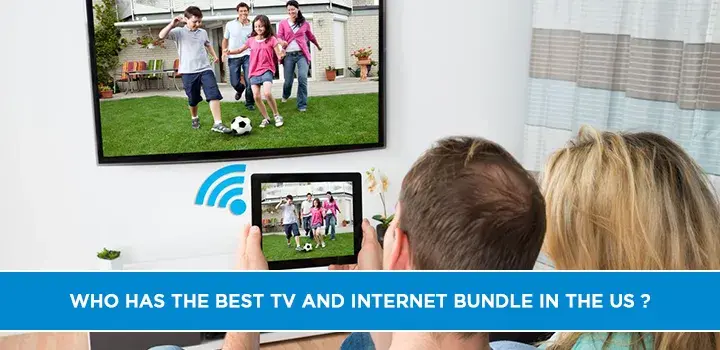
In today's fast-paced digital world, having reliable TV and internet services is essential for entertainment, work, and staying connected. With the rise of streaming, remote work, and online gaming, many households are opting for bundled packages that combine high-speed internet with TV services to save money and simplify billing. As of August 2025, the U.S. market offers a variety of TV and internet bundles from major providers like AT&T, Spectrum, Verizon Fios, Xfinity, Frontier, and Cox. These bundles typically include fiber-optic or cable internet with speeds ranging from 150 Mbps to over 1 Gbps, alongside channel lineups that can exceed 165 stations, includinglocals, sports, and premium networks. Prices start as low as $50 per month for basic packages and can go up to $225 for premium options, often with promotional discounts for new customers.
Bundling TV and internet not only reduces costs—potentially saving up to 34% compared to separate subscriptions—but also provides perks like free equipment, unlimited data, and integrated streaming access. According to industry reports, the average household streams over 21 hours of content weekly, making bundles a smart choice for seamless integration of live TV and on-demand services. However, choosing the right bundle depends on factors such as your location, household size, and usage needs. For instance, families with multiple devices might prioritize gigabit speeds, while sports enthusiasts could focus on packages with regional sports networks (RSNs). In this comprehensive guide, we'll explore the best bundles available, breaking down speeds, channels, prices, and key features to help you make an informed decision.
Why Bundle TV and Internet in 2025?
Bundling has evolved significantly by 2025, driven by advancements in fiber technology and the integration of streaming platforms. Providers now offer hybrid bundles that mix traditional cable TV with services like YouTube TV, DIRECTV Stream, or Peacock, catering to cord-cutters and traditional viewers alike. The primary benefits include cost savings, convenience, and enhanced features. For example, bundling can lower your monthly bill by $20–$50 through discounts, while providing a single point of contact for support.
Economically, bundles make sense amid rising standalone prices. Standalone internet might cost $50–$80 monthly, and TV services $70–$100, but combined, you could pay as little as $85 for both. Promotions like free installation, gift cards, or discounted streaming add-ons further sweeten the deal. Reliability is another factor; fiber-based bundles from AT&T or Verizon offer symmetrical upload/download speeds, ideal for video calls and uploads, unlike cable's asymmetrical speeds. However, not all bundles are equal—hidden fees for equipment ($10–$15/month) or early termination ($100–$200) can add up, so always check the fine print.
Availability varies by region; urban areas have more options, while rural spots might rely on satellite or DSL hybrids. With 5G home internet expanding, bundles are becoming more accessible. Ultimately, bundling in 2025 is about value: faster speeds for less, more channels without extras, and perks like unlimited data to avoid overage charges.
Key Factors to Consider When Choosing a Bundle
Selecting the best TV and internet bundle requires evaluating your needs against provider offerings. Start with internet speed: For basic browsing and streaming on 1–4 devices, 300 Mbps suffices; for gaming or 5+ devices, aim for 500 Mbps or higher. Upload speeds matter too—fiber options like Verizon's 300/300 Mbps beat cable's 300/20 Mbps for uploads.
Channel selection is crucial. Basic packages offer 80–100 channels, including locals (ABC, NBC) and essentials (ESPN, Disney). Premium bundles add RSNs, HBO, or Showtime. If you prefer streaming, look for integrations with Netflix, Disney+, or Peacock, which some providers include free for months.
Price is a major driver. Entry-level bundles start at $50–$85/month, but expect increases after 12–24 months (e.g., from $105 to $130). Factor in fees: broadcast surcharges ($15–$30), equipment rental ($10–$15), and installation ($50–$100, often waived). Contracts vary—Spectrum and Xfinity offer no-contract flexibility, while others lock in for 1–2 years with penalties.
Customer satisfaction plays a role; Verizon tops surveys for reliability, while Spectrum excels in value. Check availability via ZIP code on provider sites. Finally, consider add-ons: phone service for triples, or mobile bundling for extra savings (e.g., Verizon's $15/month off with mobile).
Top Best Internet Service Providers Rating
#02 Verizon Internet
#03 AT&T Internet
#05 Xfinity Internet
#06 Cox Internet
#10 RCN Internet
#11 Viasat Internet
What's the Right Choice for You?
Centurylink internet service is a great provider of fast and reliable internet. With speeds of up to 40 Mbps in certain areas, CenturyLink’s internet is one of the fastest around, and with plans starting under $40 a month, it’s easy to see how fast Centurylink is making the internet more accessible to people.
The best internet service provider for your home is defined by different things for every family. If you’re someone who spends a lot of time on the computer, you’ll want fast and reliable internet access. When you need to stream videos or handle a lot of downloads, you’ll want a reliable provider. If you want to game or stream movies, you’ll want a reliable internet connection. And if you want to chat with family members and friends, you’ll need a reliable and fast provider.
Additional Tips for Maximizing Your Bundle
To get the most value, bundle with phone for triples (e.g., Xfinity adds unlimited calls for $165 total). Consider streaming alternatives like Hulu + Live TV if traditional TV feels outdated. Always negotiate promotions—call providers for retention deals. Monitor usage to avoid caps, and use tools like speed tests for verification. In rural areas, satellite bundles (e.g., DISH with HughesNet) might be necessary, though slower.
Conclusion
In 2025, the best TV and internet bundles balance speed, channel variety, and affordability, with top picks like AT&T and Spectrum offering exceptional value for diverse needs. Whether prioritizing fiber speeds from Verizon or streaming flexibility from Frontier, these packages save money while enhancing your home setup. Evaluate your usage, compare options via ZIP code checks, and leverage promotions for the optimal choice—ultimately leading to seamless entertainment and connectivity without breaking the bank.
Faq
What are the best TV and internet bundles available right now in the U.S.?
Some of the best TV and internet bundles in the U.S. come from providers like Xfinity, Verizon Fios, Spectrum, AT&T, and Cox. These companies offer flexible plans that combine fast internet with extensive TV channel lineups. For example, Verizon’s Fios Gigabit Connection + TV plans provide fiber-optic internet speeds up to 940 Mbps with over 125 channels. Xfinity offers competitive prices and customizable channel packages, while Spectrum includes unlimited data and no contracts.
How much should I expect to pay for a TV and internet bundle?
Pricing varies based on speed, channel count, and location, but most bundles range from $80 to $160 per month. Basic bundles with around 100 channels and internet speeds of 300–500 Mbps tend to cost around $100/month. Premium bundles that include gig-speed internet and 200+ channels typically cost more, often exceeding $140/month. Additional fees for equipment, taxes, or premium channels may apply, so it’s essential to read the fine print.
Which providers offer the fastest internet with TV bundles?
For the fastest internet with bundled TV, Verizon Fios, AT&T Fiber, and Google Fiber (in select areas) lead the pack. They offer symmetrical upload and download speeds up to 1 Gbps or higher. Cable providers like Xfinity and Cox also offer gigabit internet, but upload speeds are typically lower due to their hybrid fiber-coaxial infrastructure.
Do any TV + internet bundles include streaming services?
Yes, many providers now bundle streaming services as part of their package. For example, Verizon often includes Disney+, Hulu, or ESPN+ with select plans. AT&T has included HBO Max in the past, and Xfinity Flex offers access to Peacock Premium with its internet-only plans. Always check the provider’s latest promotions to see which streaming perks are included.
Are there any contracts required with these bundles?
It depends on the provider. Spectrum and Frontier usually offer contract-free plans, giving you the flexibility to cancel anytime. On the other hand, Xfinity, Cox, and AT&T may require 1- or 2-year agreements to access the lowest promotional prices. If you prefer month-to-month service, make sure to ask about contract-free options and any potential early termination fees.
